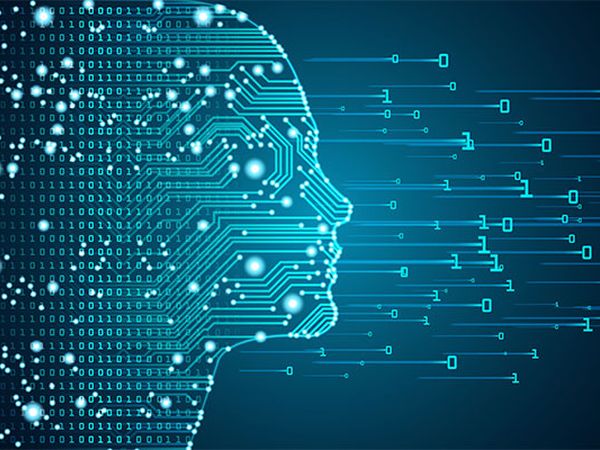
By Gaurav Singh
In the ever-evolving business landscape, the pivotal role of customer support in achieving success cannot be overstated. As industries embrace digital transformation and customer expectations continue to evolve, the challenge lies in maintaining flawless experiences while preserving essential human connections. This challenge has led to the emergence of a paradigm shift: Human-AI Collaboration is poised to redefine the future of the customer support workforce.
- Enabling Seamless Conversations at Scale:
Not long ago, the idea of facilitating smooth interactions with customers on a large scale seemed nearly insurmountable. Managing diverse inquiries across a wide customer spectrum was a complex task. However, the landscape has dramatically changed with the introduction of state-of-the-art Artificial Intelligence (AI) technology, particularly driven by Natural Language Processing (NLP), Machine Learning (ML), and Sentiment Analysis (SA).
The fusion of NLP, ML, and SA now allows businesses to engage with customers on an unparalleled scale while retaining the authenticity of human interactions. Advanced AI technologies are capable of understanding language nuances and emotional subtleties, transforming conversations from mere transactions into personalized dialogues. Despite these advancements, human expertise remains essential, as AI-powered solutions address a significant portion of queries, leaving room for human support.
- Power of Human-AI Synergy:
Imagine a scenario where customer support agents leverage AI-driven tools to instantaneously access vital customer information. Empowered by these insights, agents can offer personalized recommendations, troubleshoot effectively, and confidently handle complex queries. This vision is fast becoming a reality through the utilization of Generative AI-powered tools, which aid agents in constructing coherent responses promptly and generating comprehensive interaction summaries.
The integration of AI-powered Document Cognition with Large Language Models (LLM) takes this innovation a step further, providing agents with automated responses for a wide array of queries and thereby revolutionizing the efficiency of customer support operations.
- Advantages of Human-AI Collaboration:
The synergy between human intuition and AI’s analytical capabilities empowers support agents to focus on problem-solving, empathy-driven interactions, and building relationships. This collaboration cultivates a support environment that delivers rapid, accurate, and empathetic resolutions—a blend that resonates with modern customers.
- Future Possibilities:
As businesses embark on the journey of digital transformation, customer support is undergoing a profound transformation. The future envisions a realm where support agents and AI tools collaborate seamlessly, merging human insights with technological prowess to deliver unparalleled support experiences globally.
- Real-World Examples:
Illustrations from companies, such as an Egypt-based e-commerce platform for home appliances and India’s largest B2B Fresh Produce Supply chain platform, Ninjacart, showcase the positive impact of AI collaboration on improving response times and customer satisfaction scores.
- Embracing Change:
The revolution of Human-AI Collaboration is gaining momentum, and businesses are embracing this change with enthusiasm. While AI’s role is expanding, it’s crucial to recognize that AI enhances job functions rather than replacing them.
Human-AI Collaboration is an innovation that illuminates the future of customer support. It’s about harnessing AI to amplify human skills and efficiency. As technology evolves, the focus should be on creating synergy between AI and human intellect, fostering a future where technology and human ingenuity coexist harmoniously.

(The author is Gaurav Singh, Founder & Chief Executive








